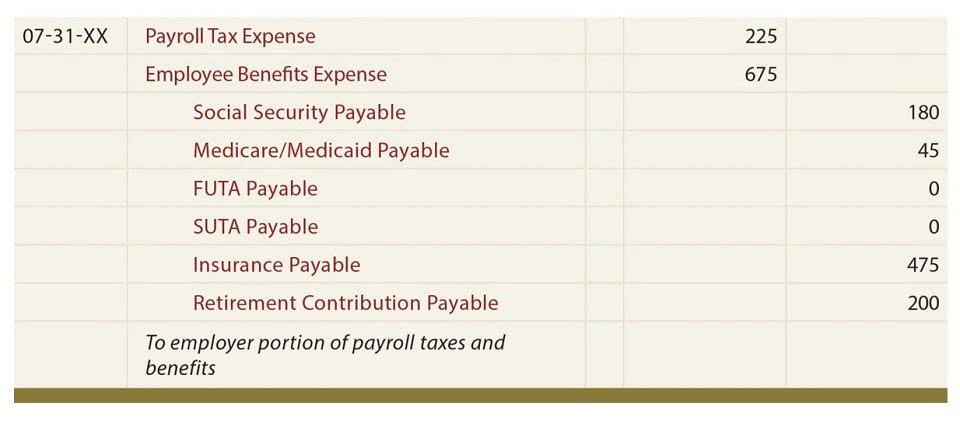
First of all, drop-shipping purchases are meant for resale, which is normally exempt from sales tax. However, when the retailer, supplier and customer (or the package’s destination) are not located in the same state, sales and use tax rules change as nexus laws may come into play. But there are about 10 states that are really strict and require their own registration number on their own form or the MTC form in order for a valid resale certificate to be provided. The manufacturer/supplier bills the retailer for the wholesale price and the retailer then bills the customer the retail price. The state’s rules that must be followed and the tax that applies is the state where the goods are delivered to the customer – so the ship to state. If no breakdown is provided, the shipping and handling charges for the entire shipment are subject to tax.
This first sale is, most likely, a “sale for resale” from your vendor’s perspective. Your vendor is billing you for the purchase price of the items your company has purchased and had delivered to your customer. There is a transfer of title from your vendor and your company at the moment the goods are delivered to your customer. This sale is documented by the sales proceeds you receive from your customer for the goods they purchase.
Apply for Dropshipping Sales Tax Exemption Certificates
Dropshipping is an e-commerce technique that allows online entrepreneurs to sell products from their business, without ever owning or storing the product themselves. But as with all things sales tax, there are different liability scenarios. Sometimes the supplier is responsible for sales tax or the who pays sales tax on drop shipments customer is on the hook for use tax. Learn about the basics of drop shipping, different drop shipping scenarios, and how Avalara can help. The American Rescue Plan (ARP) of 2021 modified the requirements for reporting transactions involving payment apps, also known as third-party processors.
Since Debbie is drop shipping the product to Bobby at her ship-to address, Debbie would be required to charge sales tax from the buyer, Ron Retailer, if Bobby is located in a state where Debbie has nexus. For the most part, when a retailer buys a product from a supplier, that purchase is tax exempt because the product was bought for resale. So if the retailer does not have nexus in the state where the product is purchased, the supplier may be on the hook to collect and pay sales tax. The primary rule is a resale certificate for the ship to state issued by the retailer. However, if the retailer isn’t registered in the ship to state, can they legally issue a resale certificate for the ship to state?
Working with a drop shipper outside your state
Nexus is the determining factor for whether an out-of-state business selling products into another state is liable for collecting tax on sales in the state. Without nexus, states cannot require out-of-state businesses to register to collect and remit sales tax. Drop shipping can be a smart option for small sellers, but it can also add new layers of sales tax complexity. One way for small businesses to make the most out of drop shipping and other innovative solutions is to use Avalara sales tax automation software and exemption certificate management tools.

For example, Adam runs an online music store from Archer City, Texas, which means he has “nexus” in Texas and is required to collect sales tax from Texas buyers. If Adam sells a synthesizer to a buyer in Denton, Texas, he’s required to charge that buyer sales tax. Check out this post for more drop shipping scenarios and how to handle sales tax in each of them. We highly recommend that you consult an accountant with experience with sales tax if you plan to embrace drop shipping in your e-commerce business model. That is, unless the Retailer can provide the Supplier and/or the state with an exemption certificate.. As with anything sales tax related, every state has their own rules and procedures for obtaining exemption certificates.
Is dropshipping legal in 2024?
Usually, you do not need to pay sales tax on the orders you make from your suppliers. That’s because there’s a sales tax exemption for purchases intended for resale. BUT to take advantage of this exemption, your business needs an official exemption certificate. Usually you do not need to pay sales tax on the orders you make from your suppliers. That’s because there’s usually a sales tax exemption for purchases intended for resale. Your vendor reserves the right not to accept your resale certificate.
- If the taxpayer had received the same amount in 2022, they would have been taxed at a top rate of 22%.
- As with anything sales tax related, every state has their own rules and procedures for obtaining exemption certificates.
- For a full explanation of how to comply with US economic nexus, download our Ultimate Guide to US Economic Nexus.
- If you’re a Canadian company or your company sells in Canada, you will likely have to apply and collect GST instead of Sales Tax.
- Because you’re the third party, you have to worry about paying sales tax to your supplier as well as collect sales tax payments from the end customer that you need to remit to the government.
- Nexus is the determining factor for whether an out-of-state business selling products into another state is liable for collecting tax on sales in the state.
- But there are about 10 states that are really strict and require their own registration number on their own form or the MTC form in order for a valid resale certificate to be provided.
Dropshipping is an innovative business model with a low barrier to entry. Dropshipping taxes can be a headache, though, so it’s important to understand what you need to pay — or risk the wrath of the IRS. During the permitting process, the state will tell you how to pay taxes and how often you need to file. The good news is that most states have a simple online platform for sales tax, so it’s as easy as logging in and paying according to the state’s schedule. While sales tax might be the first thing that comes to mind, dropshippers actually deal with a variety of different taxes.

0 Comments